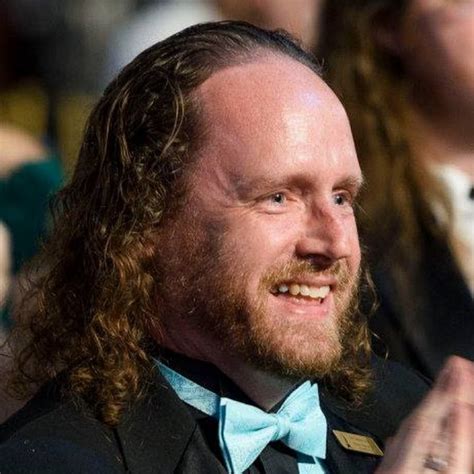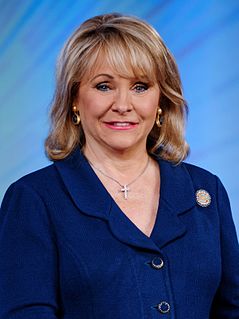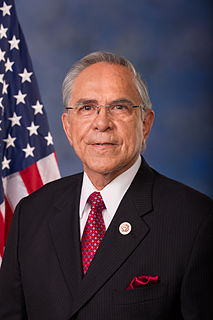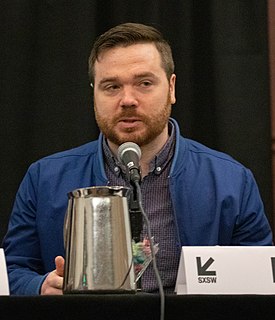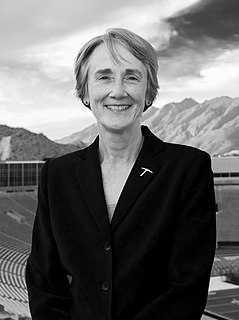A Quote by Sebastian Thrun
Less than one percent of U.S. college students attend Ivy League schools, and these students don't necessarily reflect the world's brightest and most capable thought leaders but, rather, the people who've been afforded the most opportunities to succeed.
Related Quotes
While the most disadvantaged students - most often poor students of color - receive the most considerable academic benefits from attending diverse schools, research demonstrates that young people in general, regardless of their background, experience profound benefits from attending integrated schools.
The obsessive focus on a college degree has served neither taxpayers nor students well. Only 35 percent of students starting a four-year degree program will graduate within four years, and less than 60 percent will graduate within six years. Students who haven't graduated within six years probably never will.
If I had to guess, I'd estimate that 9 out of 10 Liberty students come to Christian college on their own, with no pressure from their parents or religious leaders. A lot of the students came from secular high schools, and for them, Liberty is a place where they can practice their faith freely without feeling ostracized or mocked.
Unlike many graduate fellowships, the Rhodes seeks leaders who will 'fight the world's fight.' They must be more than mere bookworms. We are looking for students who wonder, students who are reading widely, students of passion who are driven to make a difference in the lives of those around them and in the broader world.


